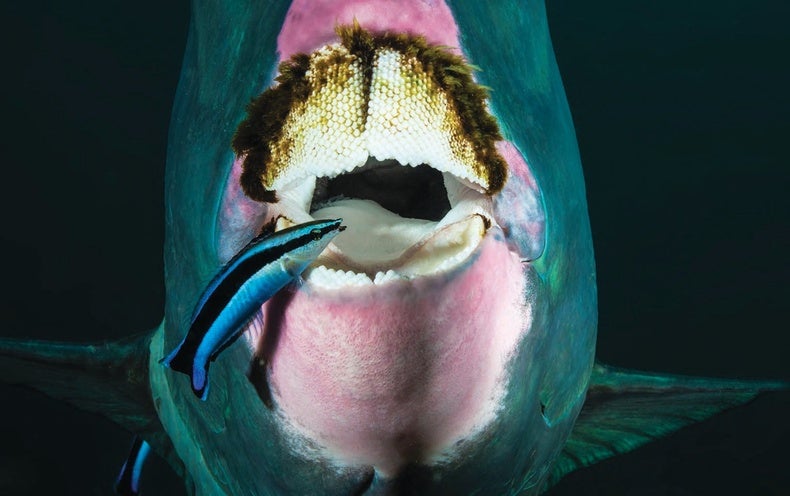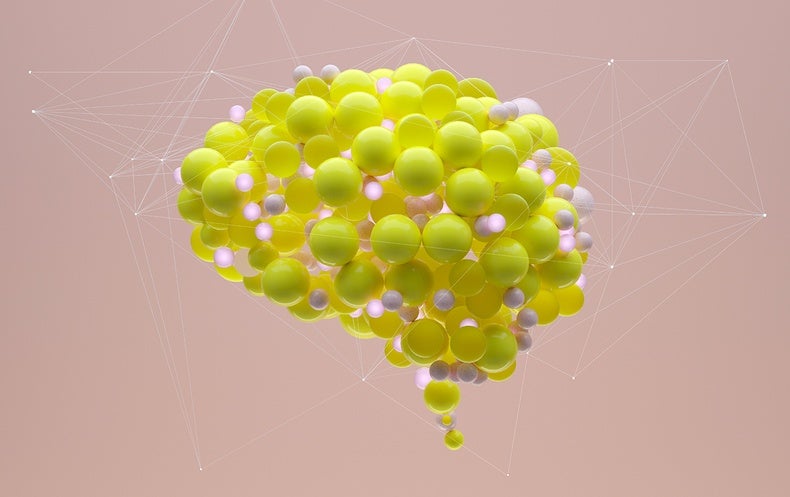Aristotle argued almost 2,400 years ago that a perfect vacuum could never exist. Today, the concept of nothingness figures at least implicitly into almost every theory of modern physics. In this episode closing out season 2 of “The Joy of Why,” the theoretical physicist Isabel Garcia Garcia of New York University and the Institute for… Continue reading Does Nothingness Exist? | Quanta Magazine
Category: Quantum Stuff
The Physicist Who Bets That Gravity Can’t Be Quantized
Quanta Magazine > 0; if (typeof predicate !== ‘function’) { throw new TypeError(‘predicate must be a function’); } var thisArg = arguments[1]; var k = 0; while (k We care about your data, and we’d like to use cookies to give you a smooth browsing experience. Please agree and read more about our privacy policy.Agree… Continue reading The Physicist Who Bets That Gravity Can’t Be Quantized
Climate Change Has Made California’s Wildfires Five Times Bigger
CLIMATEWIRE | The amount of land scorched by wildfires in California has been on the rise for decades, and human-caused climate change is almost entirely to blame. A new study, published Monday in Proceedings of the National Academy of Sciences, finds that California’s summertime burned area has increased fivefold since 1971. And it won’t stop there —… Continue reading Climate Change Has Made California’s Wildfires Five Times Bigger
New Proof Threads the Needle on a Sticky Geometry Problem
Here’s one way to think about the Minkowski dimension: Take your set and cover it with tiny balls that each have a diameter of one-millionth of your preferred unit. If your set is a line segment of length 1, you’ll need at least 1 million balls to cover it. If your set is a square… Continue reading New Proof Threads the Needle on a Sticky Geometry Problem
Draconian Laws Deter Pregnant Women from Treating Drug Abuse
Neonatologist Stephen W. Patrick of Vanderbilt University Medical Center recalls one patient in particular. She was seeking care for an opioid use disorder (OUD) at the treatment facility that he runs in Nashville, Tenn. The patient came in frantic after an exchange at her first prenatal visit. The sonographer who conducted her ultrasound, she recounted,… Continue reading Draconian Laws Deter Pregnant Women from Treating Drug Abuse
This Tiny Fish Can Recognize Itself in Photos
Bluestreak cleaner wrasses are entrepreneurial fish. This tiny, shiny species sets up shop in coral reefs, where it eats parasites off of client fish, some of them big and hungry. It’s a dangerous business that requires impeccable social skills. No wonder, then, that these fish can identify other individuals by their faces—and even recognize their… Continue reading This Tiny Fish Can Recognize Itself in Photos
In a Fierce Desert, Microbe ‘Crusts’ Show How Life Tamed the Land
While all biocrusts perform some degree of weathering, the larger grains of the grit crust are especially suited for it. The process reveals the full potential of microbes to impact their environment. A microbial skin can glue together pebbles, break them down into soil and fertilize that soil with essential nutrients. In effect, the crust… Continue reading In a Fierce Desert, Microbe ‘Crusts’ Show How Life Tamed the Land
New Tool Reveals How AI Makes Decisions
When I asked ChatGPT to name the editor in chief of Spektrum der Wissenschaft, the German-language sister publication of Scientific American, the answer was, “I have the latest information until 2021, and at that time Dr. Florian Freistetter was the editor-in-chief of Spektrum der Wissenschaft. However, it is possible that the information has changed since… Continue reading New Tool Reveals How AI Makes Decisions
Useful Feedback, More Than Praise, Helps Students Flourish
“Give a man a fish, and you feed him for a day. Teach a man to fish, and you feed him for a lifetime.” This proverb has become a cliché, but it remains a useful shorthand for self-sufficiency. If you want someone to succeed independently, give them the tools to do so. Within the realm… Continue reading Useful Feedback, More Than Praise, Helps Students Flourish
Here’s What the Supreme Court’s Clean Water Act Ruling Means to You
If you ever drank a glass of clean water, caught a freshwater fish, swam in a lake or even maybe avoided a flood, you have directly benefited from wetlands. But those benefits are drying up, thanks to a Supreme Court decision that has overturned five decades of wetland protections. The 1972 federal Clean Water Act… Continue reading Here’s What the Supreme Court’s Clean Water Act Ruling Means to You





